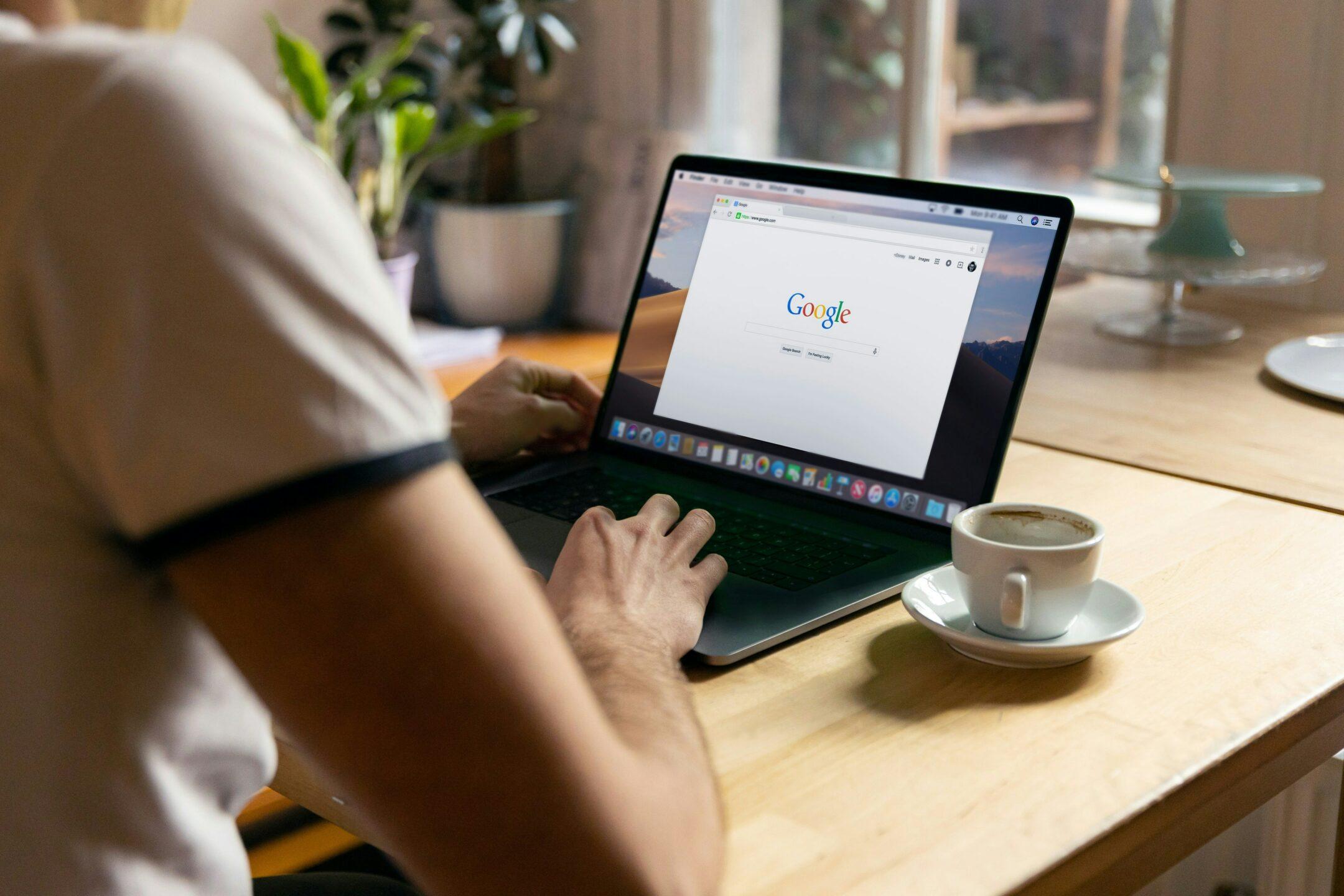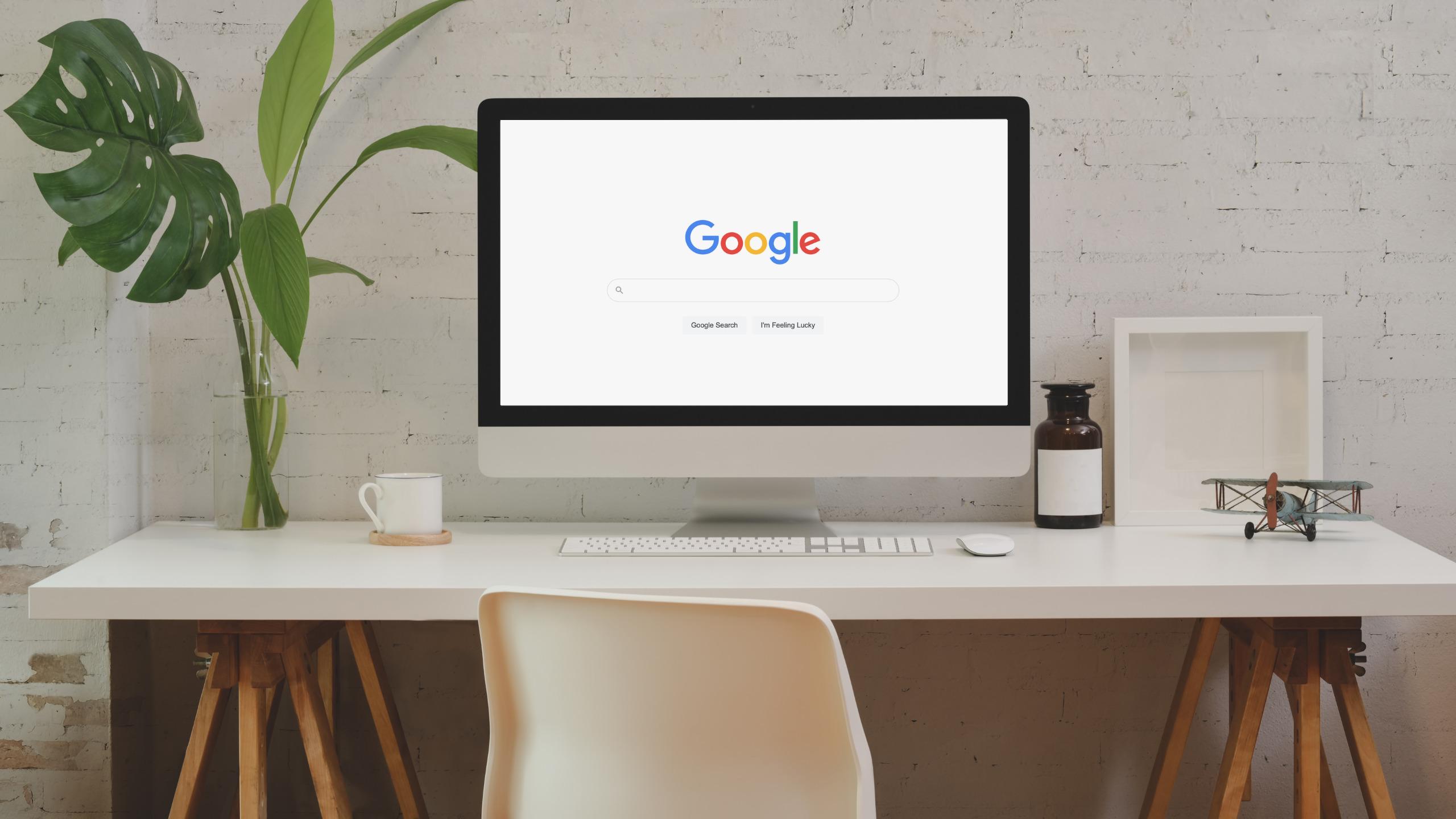SEO vs PPC: Which Channel Will Work Better for You?
SEO vs PPC debate will last forever and there will always be strong supporters of each. While some marketers opt only for natural and organic marketing, they can be missing paid search benefits that shouldn’t be neglected, and vice versa.
It all depends on the goals you want to achieve. Therefore, when choosing paid vs organic marketing channels, it is important to take all factors into account. This basic step is crucial if you want to choose the best way to distribute your marketing budget: on SEO vs PPC, or make them work together.
The good news is that you can figure out the difference between SEO and PPC in less than 10 minutes. Keep on reading because in this article I’ll explain to you the difference between PPC vs organic channels and how to correctly combine them to generate more traffic to your website.
In this article you will learn:
1. What is SEO
2. What is PPC
3. The advantages of SEO
4. The disadvantages of SEO
5. Pros and cons to using SEO: in short
6. The advantages of PPC
7. The disadvantages of PPC
8. Pros and cons to using PPC: in short
9. How to use both SEO and PPC to get more relevant traffic
What is SEO?
SEO, or Search Engine Optimization, is a long-term process of creating relevant evergreen content for your target audience and promoting it in order to boost your business growth by ranking high on search engines like Google.
Outcomes from your SEO efforts are consistent and once you start ranking, your visibility will be stable 24/7 for at least a couple of months. Businesses who implement SEO into their marketing, tend to get more qualified leads because the visitors came to their pages organically and are more likely to spend their money on services or products they found through natural search.
What is natural search? It’s when people come across google organic listing that is based on the natural indexing of the websites. In other words, they get results that weren’t pushed to be displayed in front of them but have earned their positions organically.
What is PPC?
PPC, or Pay-Per-Click, on the other hand, is the practice of getting traffic to a specific page by paying search engines to display it above organic search results. As the name suggests, pay-per-click marketing is the model when you as an advertiser pay for every click your ad gets from paid listings.
The cost-per-click, or CPC, isn’t some universal number – you have to bid on the perceived value of a click that will depend on the level of competition and the type of audience you want to target.
Marketers tend to opt for PPC because it allows them to get results so much faster and with less effort. That’s why paid search is such a valuable approach. While in SEO it’s impossible to see results at once, with paid search services you can start seeing results immediately after submitting an ad.
Now that we’ve defined what are SEO and PPC in general, it’s time to jump into the advantages and disadvantages of paid vs organic search. I’m sure, this is the only way to figure out whether you should combine both marketing practices or opt only for one.
Advantages of SEO
Note: You can scroll down to see the infographic and skip reading this part.
- When comparing paid vs organic marketing channels, 53.3% of all website traffic comes from organic search. Check out my top tips on how you can do SEO completely for free.
- Leads that you get to generate via SEO tend to be more targeted because they found your page as the search result they were willing to find. If your content satisfies visitors and fulfills their requests, they’re more likely to buy from you.
- SEO-generated leads have a 14.6% close rate.
- Traffic that you gain through google organic listing is completely free. It means that once you’ve earned your position on Google (or any other search engine), your pages will attract visitors that you don’t have to pay for.
- In the organic search vs paid debate, the obvious advantage of SEO is that you get consistent long-term results that no one can pay to take away from you.
- SEO helps you increase your brand authority because it’s not a secret that people prefer organic search results to annoying ads.
- If you do SEO the right way, you will receive 24/7 visibility for free that will result in sustainable traffic for years. This brings us to one more advantage of SEO vs PPC.
Disadvantages of SEO
- SEO is a marathon you should be ready for. If you wish to see visible results overnight, it’s not your option.
- SEO results are free but simultaneously they aren’t. This is because you have to hire team members, SEO specialists (even if that’s partly support or consultation), pay for tools that will help you track your data without the hustle and so many more.
- Search engines never stop improving and implementing updates to their algorithms. That’s why in order to succeed you need to react quickly in order to recover your SEO rankings after Google core update by hiring a qualified team of experts that will know what they’re doing and why. The number of team members varies depending on your niche, but mostly you might need a content creator, an SEO expert, a designer, a link building specialist, and developers.
- SEO is a complex approach and it’s one of the disadvantages of search engines. You should simultaneously focus on both off-page and on-page SEO, on the technical side of optimization, on mobile and desktop SEO, keyword research, and local SEO.
Wincherhack: We have a free on-page SEO checker that will help you identify issues with your on-page SEO for a specific URL and keyword. It will even tell you how to fix the most critical issues.
- You should constantly monitor results and update your content in order to keep your positions high (especially if you want to improve them). It’s inevitable that while implementing SEO, you will need to invest in a professional SEO tool. This is the only way not to go crazy with all the metrics and data you have to track. Here’s a list of the best SEO tools to start with.
- No matter how hard you try and how much effort you’ve put in, implementing SEO can’t never guaranty you the desired positions. This is especially true for niches with high competition that require the perfect combination of math, science, and art to come even a bit closer to the high-rankers.
Pros And Cons of SEO: In Short
Advantages of PPC
Note: You can scroll down to see the infographic and skip reading this part.
- Why is paid search important? With pay-per-click advertising, you don’t have to worry about such terms as your domain authority, the number of backlinks, or the length of your content. Just set up your ad campaign and you’re good to go.
- In organic search vs paid debate, the obvious advantage of pay-per-click is that in order to generate leads, you don’t have to wait months or even years filled with hard work. PPC allows you to see results the moment your campaign is live.
- Targeting options of PPC channel and paid search analytics will surprise you with the diversity of factors you can take into account in order to get the most relevant results for the growth in sales.
- When comparing paid vs organic marketing channels, PPC is the perfect option if you’re dealing with seasonal deals (or plan to create one). This is because it gives you a brilliant opportunity to increase hype around your brand fast while providing the desired outcome.
- 75% of users click on ads when they search for authentic and relevant information.
- With PPC your God’s mode is on because your pages will be displayed right above the organic search query and, therefore, you have more chances of hitting your goal. Plus, paid search best practices include full control over your budget and targeting options.
- To add your business to the paid listings, you don’t need to have a significant amount of employees to do the job right. A pay-per-click ad specialist and a designer for creating ad banners together with catchy landing pages will be more than enough for implementing paid search best practices (maybe you’ll be lucky to find 1 person to do both).
Disadvantages of PPC
- When compared to SEO, PPC is not free and cannot be so. Moreover, this model assumes that you will constantly infuse a substantial amount of money into it in order to make it work. Cost-per-click in niches with high competition may cost you more than $10 every time someone clicks on your ad (and it’s definitely not the limit)
- The outcomes of paid search services directly depend on the number of converted visitors. Otherwise, the money you’ve spent won’t be able to pay off.
- PPC should be constantly controlled. When comparing SEO vs PPC, with pay-per-click advertising it’s money down the drain if you’re not optimizing your campaigns all the time and doing A/B testing in order to improve the potential outcomes.
- The hired pay-per-click specialist must be well-qualified and know exactly how the process works. In another case, you’ll only lose your marketing budget with no beneficial results from paid search analytics.
- Over 25% of global internet users use ad blockers.
- The moment you stop investing in PPC, you lose priority ranking. And because PPC requires a significant initial investment in order to start running your ads, the inability to generate leads is a disaster for any business.
Pros And Cons of PPC: In Short
How to Use Both SEO and PPC to Generate More RelevantTraffic
It’s important to highlight that no matter your company’s size, you don’t have to choose only one channel. Who says that you can’t have the best of both worlds? That’s why I want to share with you my 5 tips that will help you understand why is it important to use both PPC and SEO.
If you haven’t decided yet which marketing channel suits your business more, I want to stop comparing PPC vs organic and show you how you can form a perfect synergy using both channels instead.
Oftentimes, the combination of natural and organic marketing with paid listings opens up new opportunities for businesses and helps them thrive online much faster. So, how to correctly use both SEO and PPC to generate more relevant traffic for your website?
- After all, it’s all about content. That’s why I would highly suggest you focus on the user experience your visitors get in order to make them feel at home on your website. Then, make sure you provide them with evergreen content that they are looking for (to decrease bounce rate). Now, this is where the magic begins: after you ensure your pieces are well optimized for search engines, you start using paid search best practices to quickly generate qualified leads and potentially increase your SEO positions. Don’t feel confident about your writing? I have a blog post with top free resources for SEO copywriting with no prior skills required.
- Traffic that comes from paid search can improve organic search rankings. Work on your search engine optimization to target expensive keywords that have a high volume of traffic with less conversion. Simultaneously with that, you can reach highly competitive commercial keywords that have strong conversion rates by incorporating PPC advertising. This way you’ll get to the top of Google organic listing much faster.
- Who says you can’t target your organic traffic with PPC? No one, because you can. One of the top paid search benefits is that you can easily target and retarget your loyal visitors to make them buy your products or services more often.
- Because SEO is a long-lasting process, I suggest you find keywords your website is already ranking for, optimize your pages to target those keywords, and generate organic traffic to your site. I have a whole blog post where I explain the easiest way to find keywords you already rank for so feel free to check it out. PPC channel in this case can be used for the hard-to-get commercial keywords that have high conversion rates. This way you will increase your engagement and positions in SERPs with SEO by winning commercial keywords with PPC that would take you forever to earn with just optimization.
- Use SEO to raise your brand awareness and trust (by both search engines and visitors) and infuse PPC to gain the visibility your website deserves.
Final thoughts
When comparing SEO vs PPC, sometimes the answer might be that you don’t have to opt for one. Why is it important to use both PPC and SEO? Both these channels provide great results in their own way. At the end of the day, every niche and website is unique, and only testing different strategies will help you come up with the tactic that works for you.











